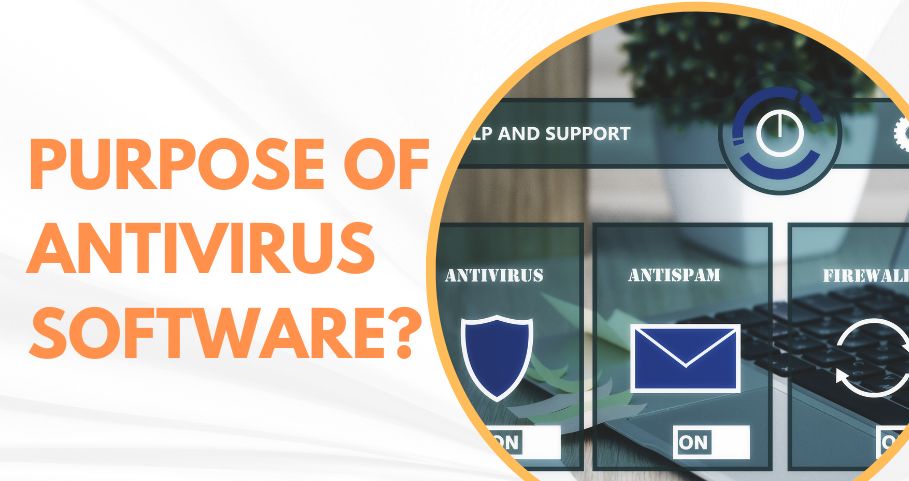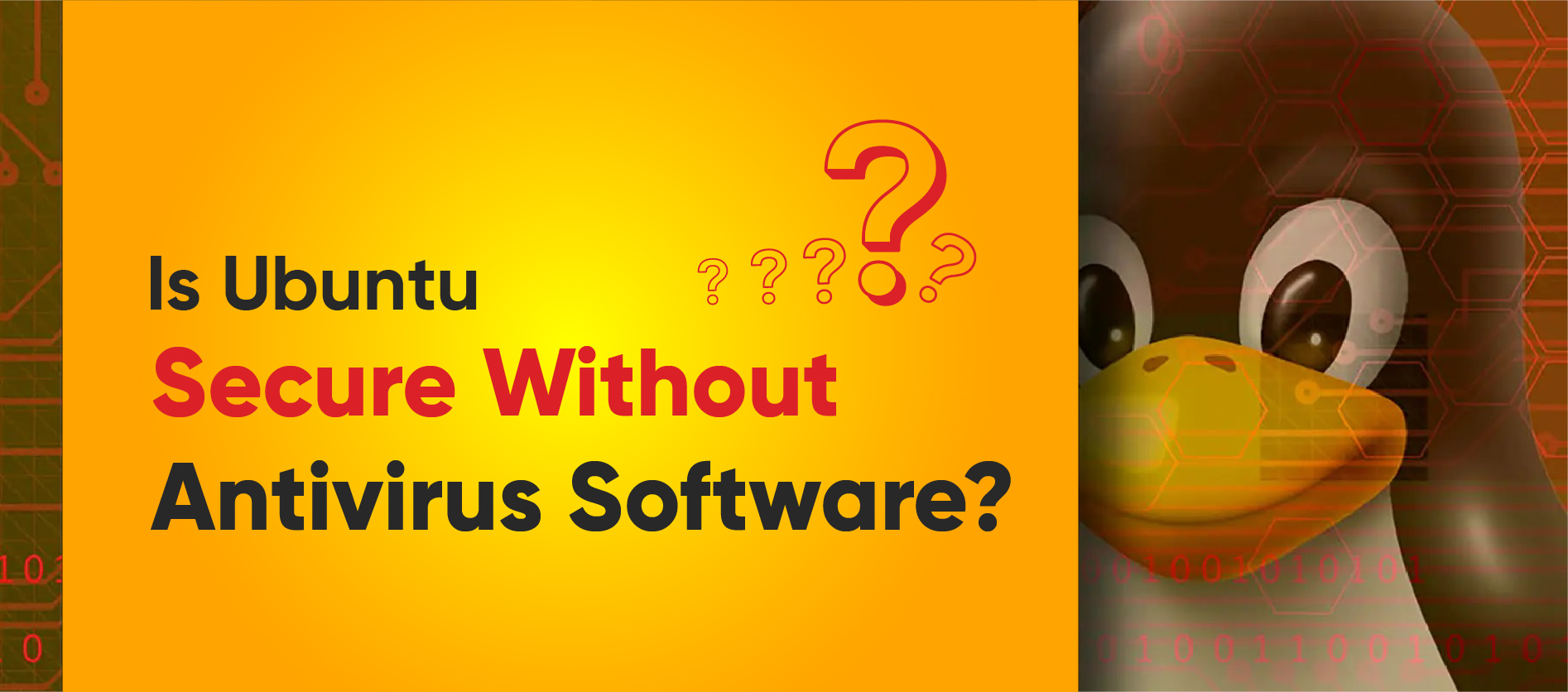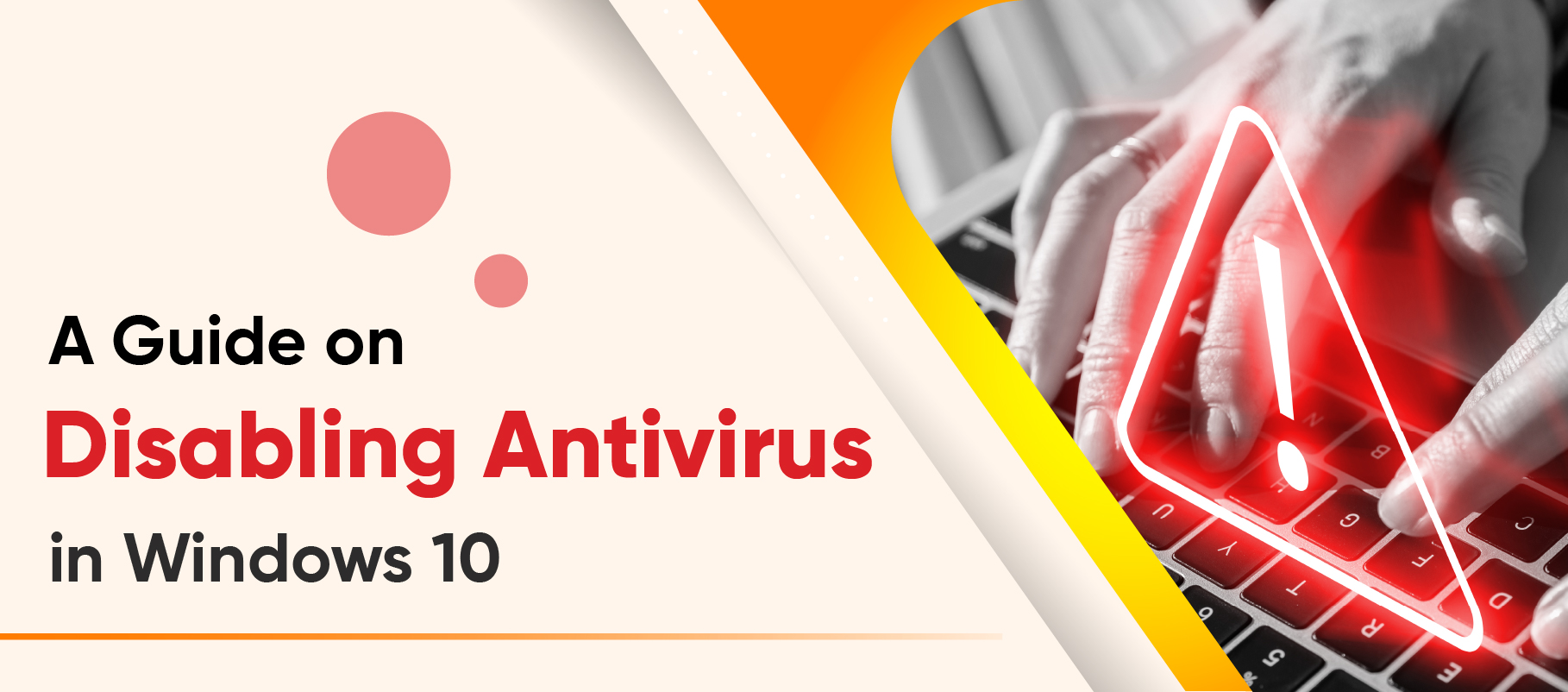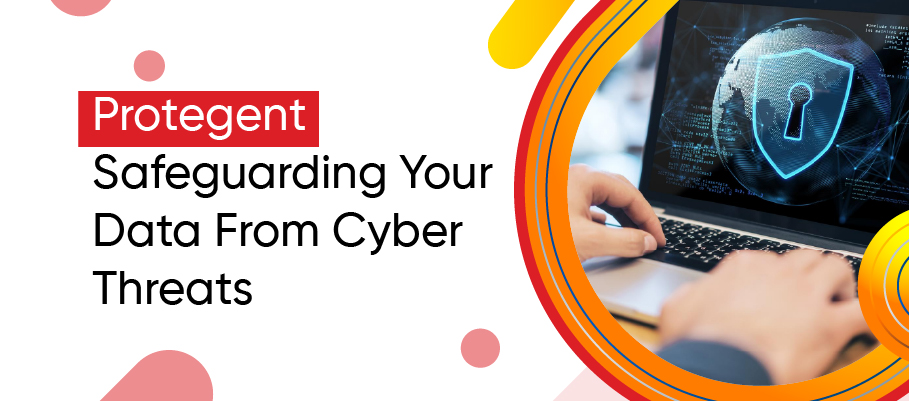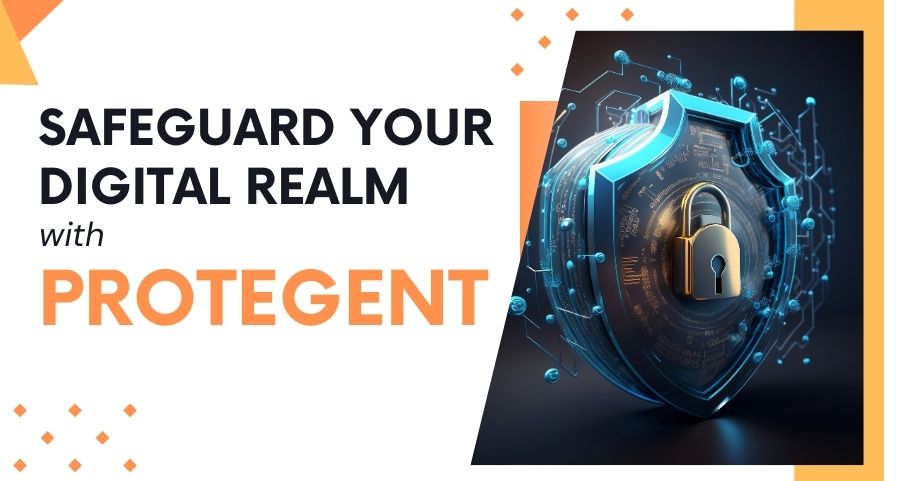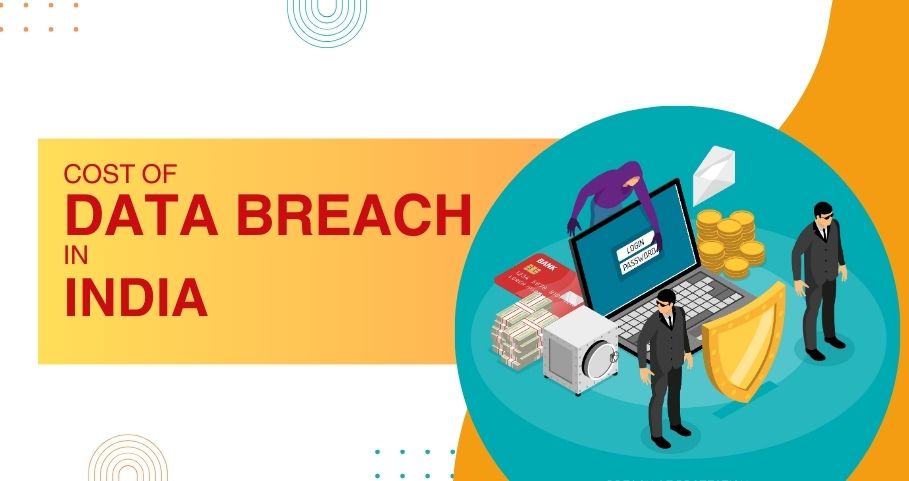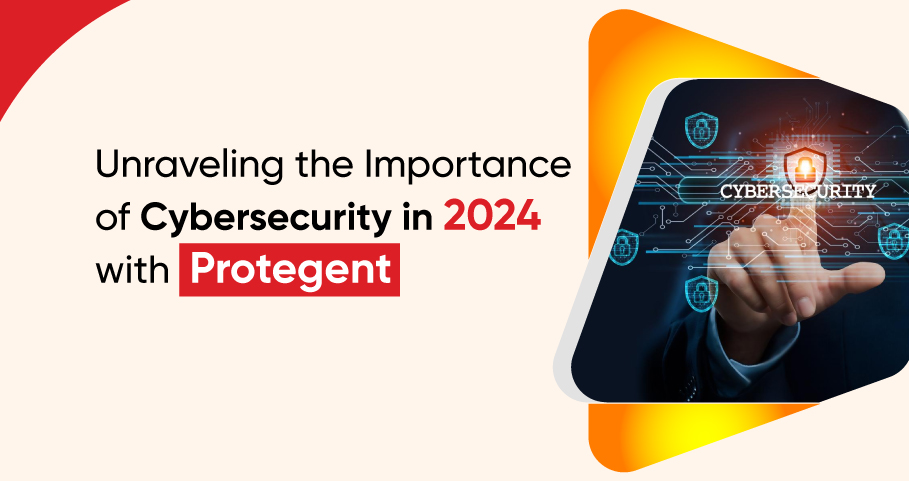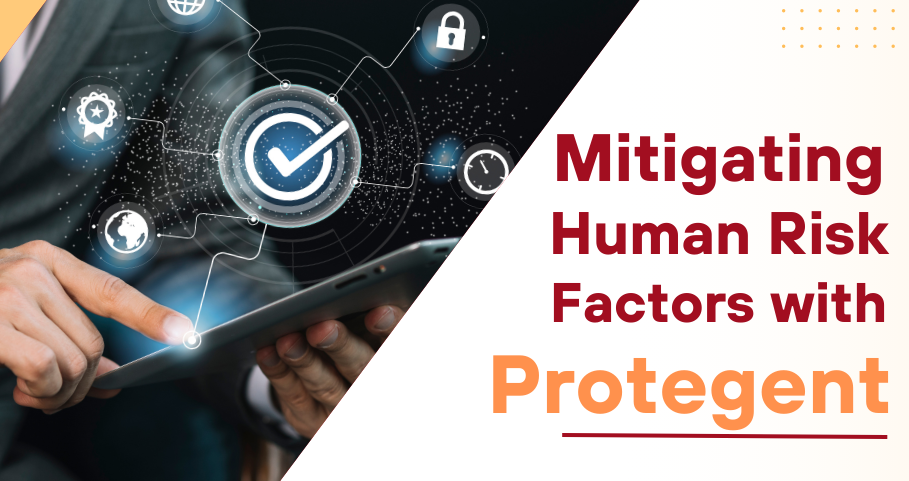What is the purpose of Antivirus Software?
Are you seeking information on what is the purpose of Antivirus Software and how it can protect your system from cyber threats? Then consider this blog. The importance of antivirus software in today's digital life cannot be emphasized, as technology permeates every aspect of our lives. The main purpose of antivirus software is to protect our gadgets and computers against dangerous viruses and malware. Malware Defense: Malicious software, including viruses, worms, Trojan horses, adware, and ransomware, can be thwarted by antivirus software. Detection and Prevention: The main goals are to find, stop, and delete dangerous software that can infect computers via downloads, email attachments, or nefarious websites. Proactive Measures: The software uses signature-based detection to find known malware by analyzing pre-established patterns. This ensures proactive defense against known threats. Behavioral Analysis: This technique looks beyond recognized dangers to identify questionable activity
Read More

